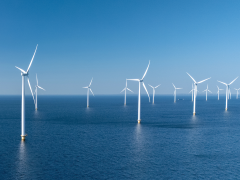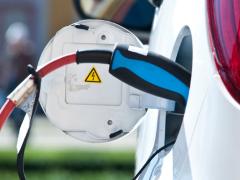Abolishing fossil fuel subsidies: A brain teaser rather than a no-brainer
In this study, CPB and PBL conclude that the discussion on fossil fuel subsidies in the Netherlands focuses primarily on the level of tax revenue that is potentially foregone due to exemptions or reduced rates of taxes on energy. In doing so, little attention seems to be paid to the core underlying question: does changing a fossil fuel subsidy scheme contribute to the energy transition and thus to climate policy?
Looking at climate damages requires a different approach
From a climate perspective, it makes sense to focus first on schemes that cause polluters to pay insufficiently for the climate damage they cause. If due to exemptions and reductions the price polluters pay for CO2 emissions is too low, additional pricing is of the utmost importance. This is the starting point of an analysis using the ‘external cost approach’. The infographic below explains the figure in the report that visualises the fossil fuel subsidies based on the external cost approach.
Bring indirect fossil fuel subsidies into focus
It is equally important to look at schemes that may slow the energy transition by indirectly stimulating fossil energy use. In this study, CPB and PBL have compiled an overview of fossil fuel subsidies using the inventory approach mentioned earlier, which includes many indirect schemes.
Both approaches are needed
The inventory approach and the external cost approach both have their merits. Without the inventory approach, it is impossible to see which schemes support fossil fuel use both directly and indirectly. Without the external cost approach, it is impossible to see which changes are most important from a climate perspective.
Authors
Specifications
- Publication title
- Abolishing fossil fuel subsidies: a brain-teaser rather than a no-brainer
- Publication date
- 23 January 2024
- Publication type
- Report
- Page count
- 52
- Publication language
- English
- Product number
- 5388




